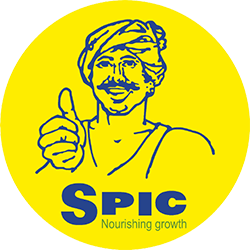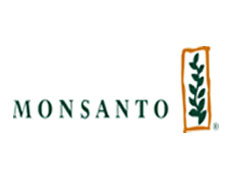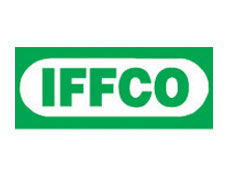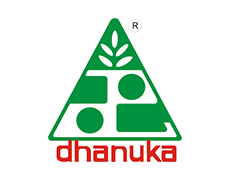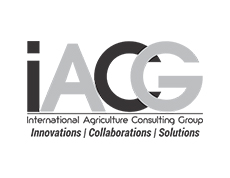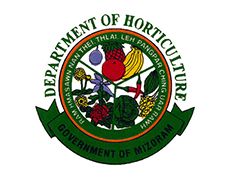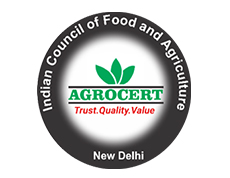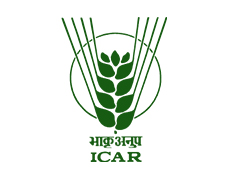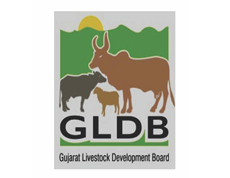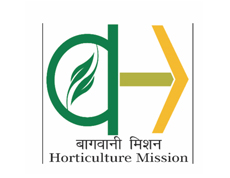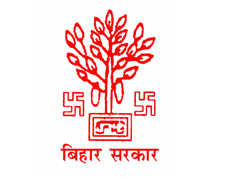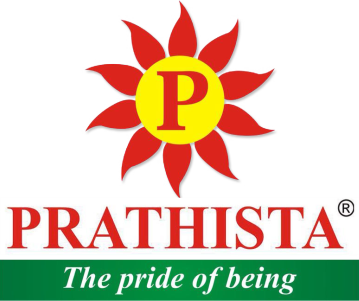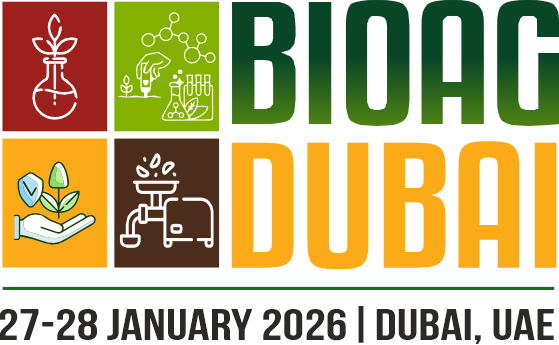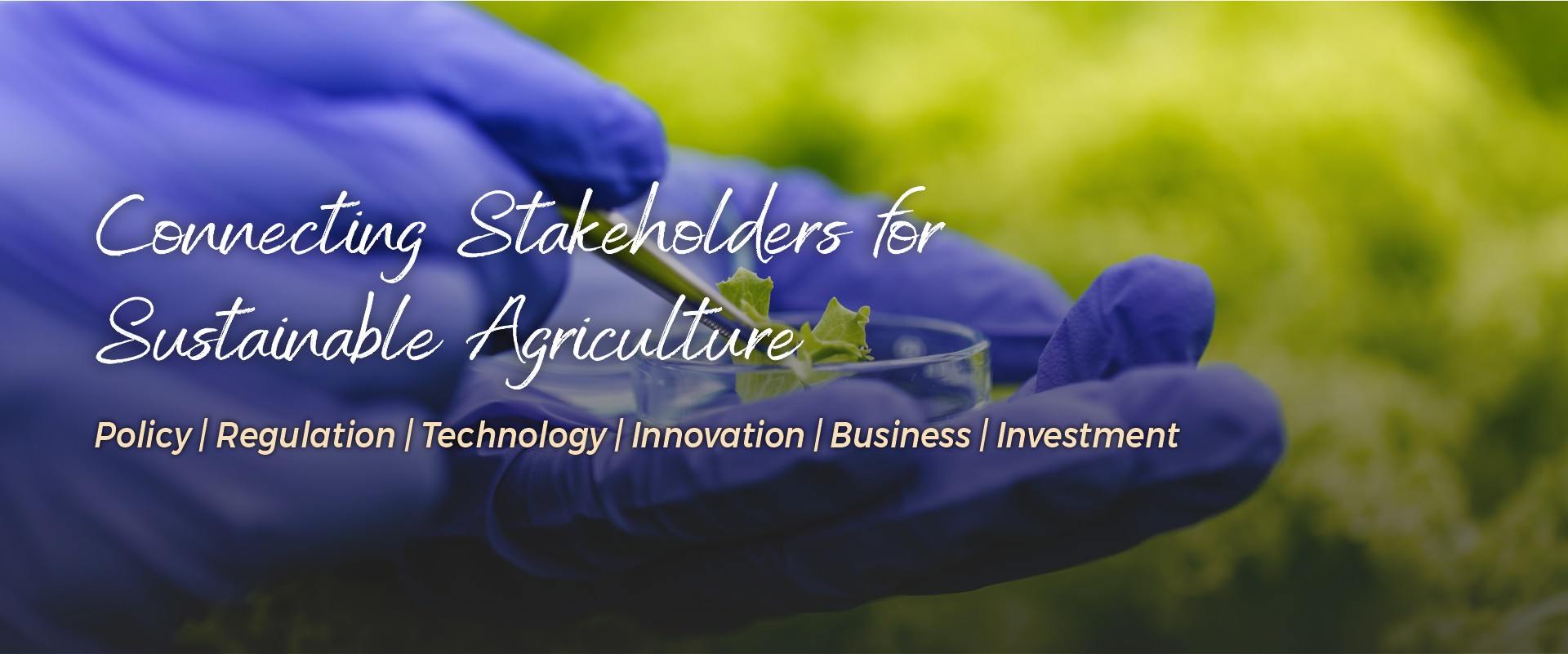BioAg World Expo 2026
Biostimulants | BioFertilizers | BioPesticides | Biologicals | BioControl



Transforming Agriculture with Bio-Solutions : A Global Approach
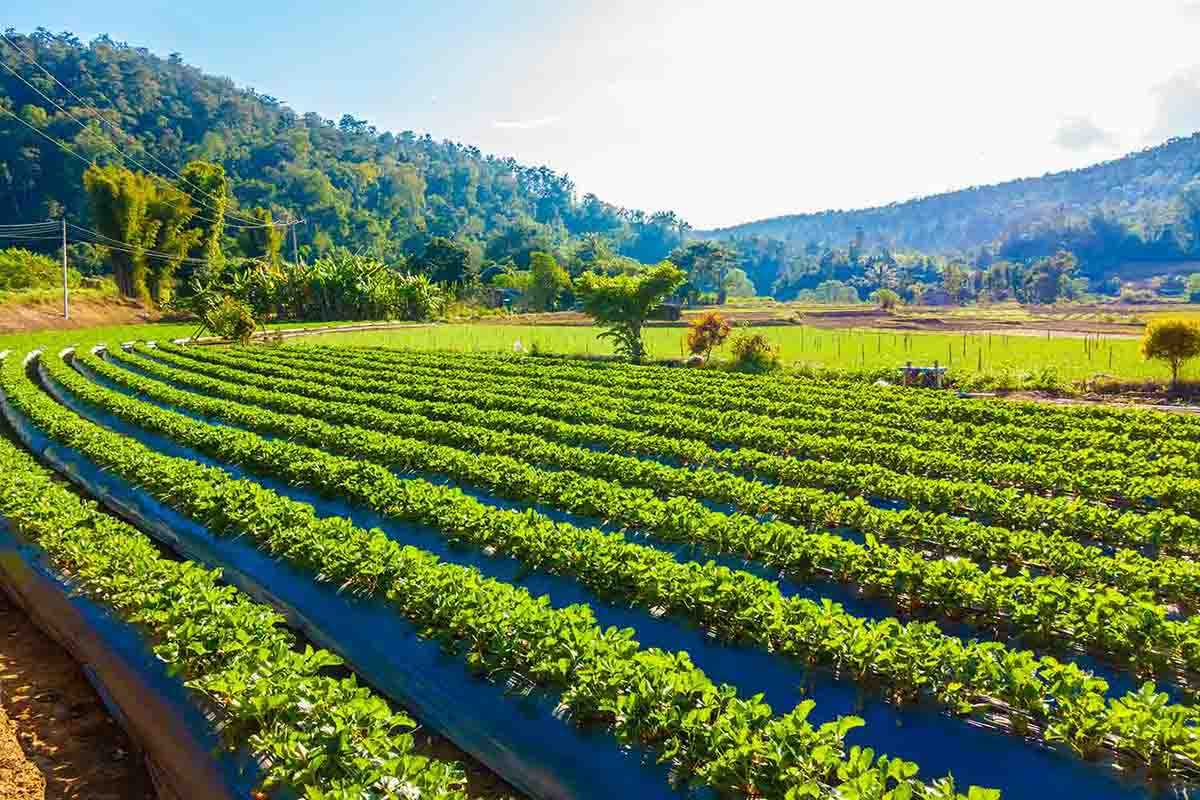
The high yielding varieties and chemical inputs intensive agriculture undoubtedly raised the food production potential in the world, making it possible to feed the masses. However, overdependence on agrochemicals and their injudicious usages have adversely affected the delicate balance of the ecosystem. This underlined the need for developing alternative biological solutions for meeting the nutrient requirements, plant stimulation and combating pest and diseases. With increasing consumer awareness and preference for organic food, the relevance of biological means in crop production is rapidly increasing. Bio agriculture, rooted in ecological principles, redefines traditional farming by harnessing natural processes and living organisms to optimize crop productivity.
WORKING WITH EXCELLENT
Key Objectives
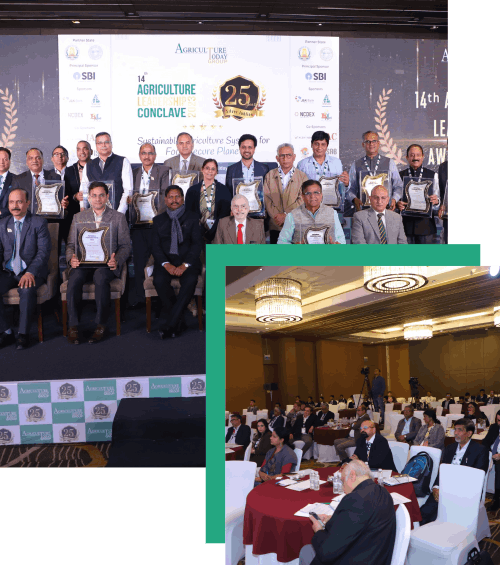
Global BioAg Awards 2026
Agriculture sector is rapidly transforming globally. This development has been possible with active support of policies, research system, commercial initiatives and farmers themselves. The experts, institutions, corporates and countries, who have played seminal role in making bio-agriculture a success, need to be recognized for their exemplary contributions. The awards will be presented in different categories to industries, individuals and institutions, who have made outstanding innovations and contributions in the fields of bio-stimulants, bio-control, research, extension, policies, delivery, production and commercialization. The awards shall be presented on January 28, 2026 in Dubai.
BioAg Awards 2026 Categories
The awards function will be held on 28th January 2026 in Dubai. Kindly send nominations or applications before 15st January, 2026

European, Asian and African Outlook of Bio-Agriculture
There is a growing recognition among Asian and African regions in recognising the potential of bio-agriculture in addressing pressing challenges in the agricultural sector. While Europe has pioneered the innovation and us of bio-stimulants and bio-protection products, the Asia and Africa have largely been dependent on the traditional farming practices. Bio-agriculture emerges as a sustainable alternative, offering adaptive strategies to mitigate these challenges and enhancing agricultural resilience, and also to benefit by rapidly growing global organic food market.

Learning from America Experiences
Bio-agriculture market, driven by fast paced innovations and progressive regulatory systems, has seen rapid growth in the Americas, led by US, Brazil, Argentina, Mexico, Canada and some of the other LATAM countries. The world can collaborate and learn a great deal from these countries and adopt the systems, practices and the success models in bioag innovation, product development, policies and regulatory systems, market development and farmers experiences.
Asian and African Outlook of BioAg
There is a growing recognition among Asian and African regions in recognising the potential of bio-agriculture in addressing pressing challenges in the agricultural sector. In both continents, traditional farming practices have often faced obstacles such as climate change, soil degradation, and limited access to resources. Bio-agriculture emerges as a sustainable alternative, offering adaptive strategies to mitigate these challenges and enhancing agricultural resilience, and also to benefit by rapidly growing global organic food market.
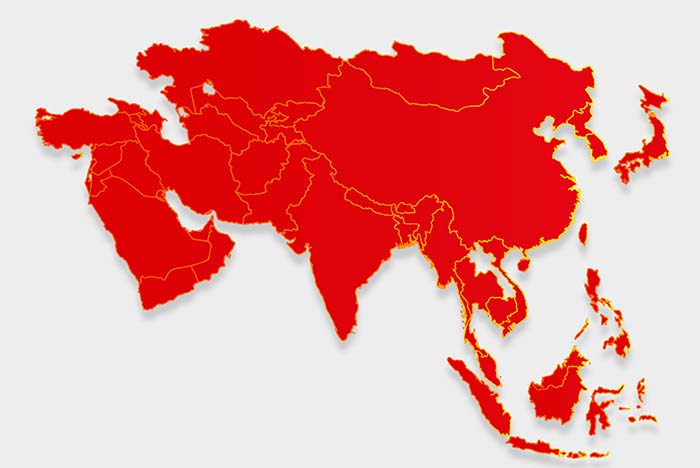
ASIA
Asia, with its diverse climates and agricultural landscapes, recognizes the need for innovative solutions to sustain food production. According to recent data, the adoption of bio stimulants has led to an average increase of 15% in crop yields, significantly contributing to enhanced productivity. Moreover, organic farming practices have gained popularity, with a notable 20% reduction in synthetic input usage, mitigating environmental impact
Africa
In Africa, where unpredictable weather patterns and resource constraints are prevalent, the data highlights the efficacy of bio-agriculture. Regions embracing bio-stimulants have experienced a 25% reduction in crop losses during periods of drought, showcasing the adaptability of crops to changing conditions. Additionally, agroecology initiatives have demonstrated a 30% increase in smallholder farmers' income, indicating the socioeconomic benefits associated with sustainable agricultural practices.
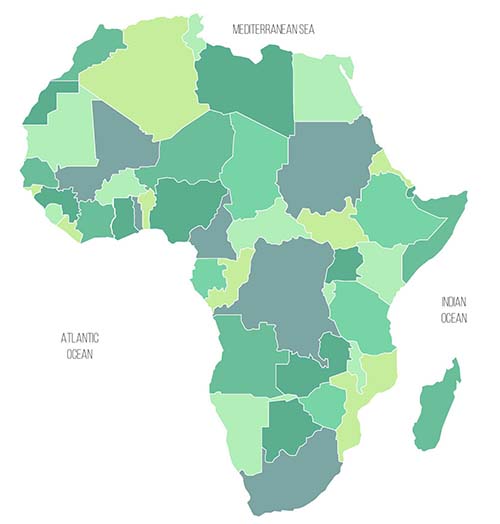
SPEAKERS
Pam Marrone, Ph.D.
Co-founder & Executive Chair, Invasive Species Corporation and Invasive Species Research Institute, CEO and Founder, Chestnut Bio AdvisorsStephen Ford
Chief Technolgy Officer Bionema Group | Plant Pathologist | Consulting Specialist in Phytopathogenic Diseases | BioProtectant Innovator | Master's in Science (Mycology)Professor Dylan Jones-Evans OBE
Co-Founder of IDEAS, home of the UK Fast Growth Index, the UK Startup Awards, the Great British Entrepreneurs Awards and Ideas Fest.Ian Tracey
I match money, IP & people. Sharing the knowledge & helping companies to grow by being a critical friend.Owen Jones
Consultant at Lisk & Jones ConsultantsWillem Ravensberg
Corporate Sr. Governmental and Regulatory Affairs Manager, Koppert; President of the IBMA (2013-2018)Dr. Minshad Ansari
CEO and Founder, Bionema Chairman & Founder, World Bioprotection ForumCarlos Rodriguez-Villa
Managing Director,AlgaEnergy
Dr. SK Malhotra
Vice Chancellor, Maharana Pratap Horticulture UniversityDebabrata Sarkar
Vice President,AlgaEnergy
OUR PAST PARTNERS & SPONSORS



